Building Your Future: Custom Residential Construction
At Mike Garcia Construction, we understand that your home is your sanctuary. In a world where expenses only seem to grow, we ensure that your investment in your home is both prudent and fulfilling. Our team is dedicated to designing and constructing custom homes that not only meet your current needs but also adapt to your future ones. We offer more than just construction; we provide a partnership. This is because we believe in building relationships, not just homes. We invest our time in understanding your vision and translating it into reality. Our promise is to transform your house into the home of your dreams. We do this by combining innovative design, exceptional craftsmanship, and a personal touch in every project. At Mike Garcia Construction, your dream home awaits.

Lot cost
How much does your lot cost?

Site Conditions
The cost to clear trees, install the driveway, utilities, water and sewer or well and septic, grading, excavation, seeding, engineering and permits.

House plans
The size, shape, roof line and many other features will affect the cost.

Specifications
From excavation to move-in, we guide you through the multitude of decisions and selections.
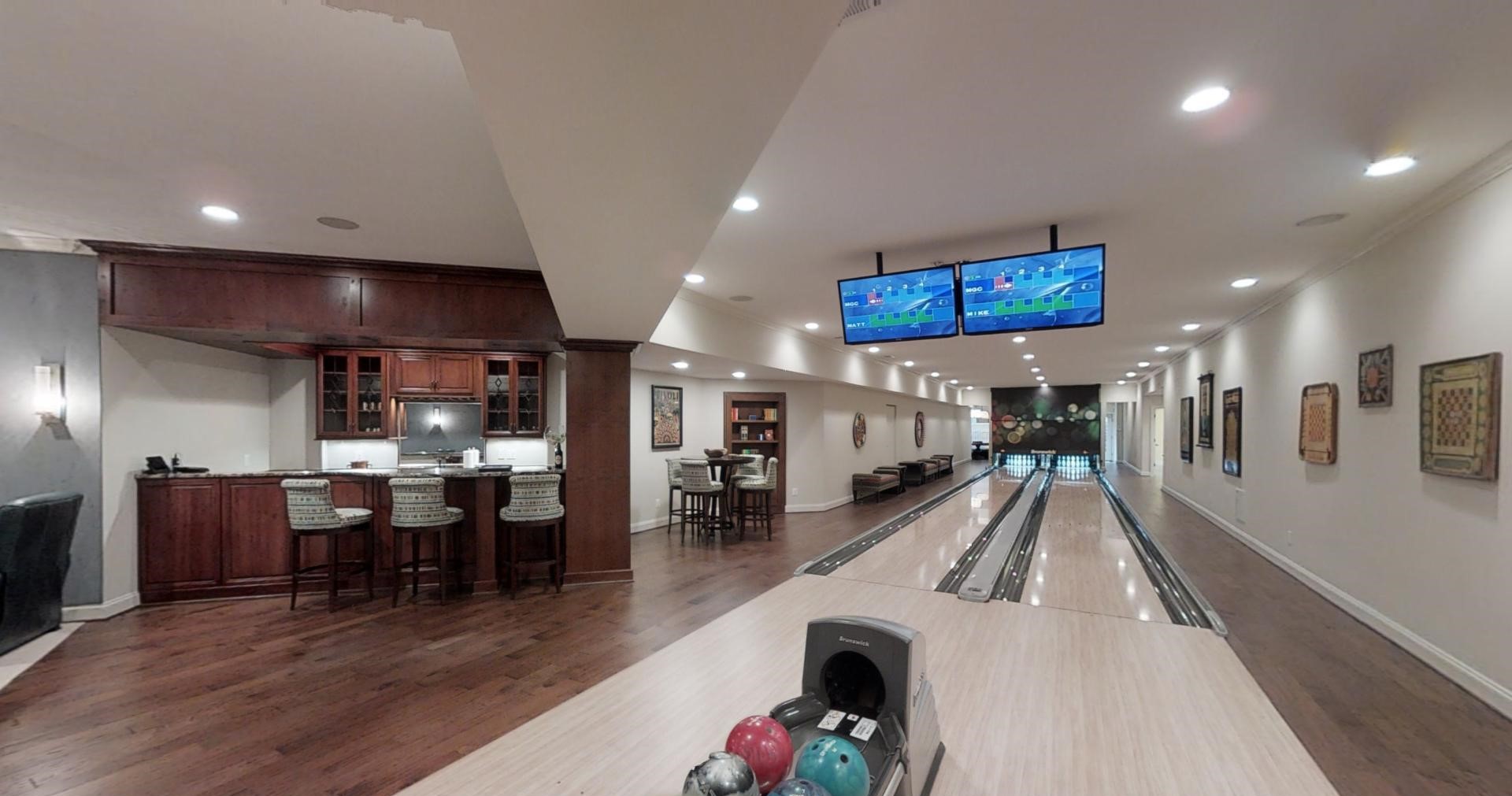
Financing
The process for building a "Custom Home” is different than anything you've experienced before. The first step is to establish a realistic budget. Be prepared to share your budget constraints with us up front. This will help us to set the expectations which will in turn make the process more efficient. If you do not have a lender, then we can recommend one of our preferred loan officers who specializes in Construction-Perm Loans.
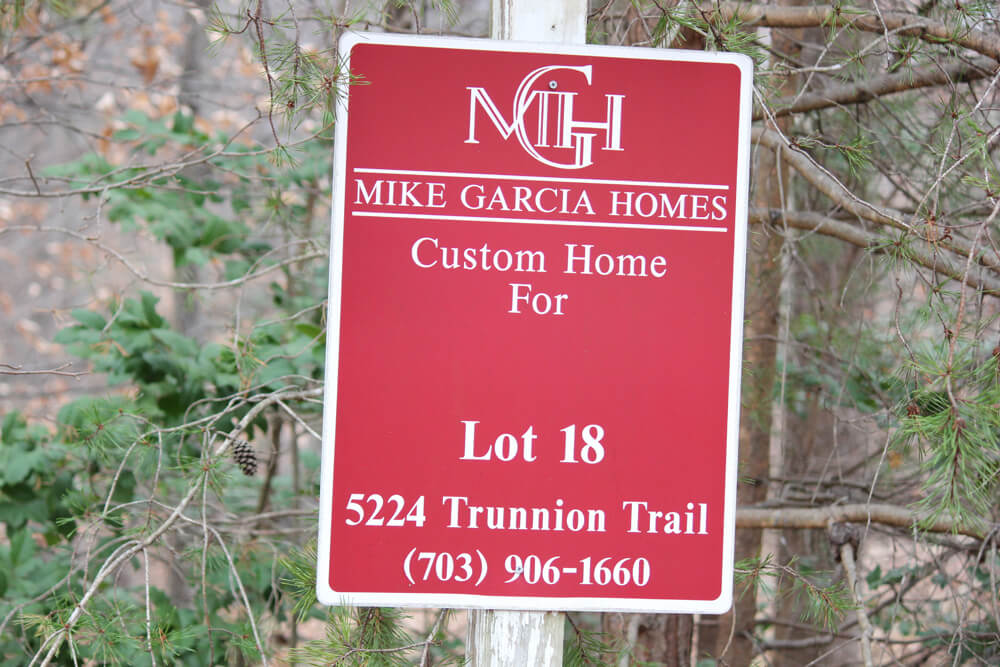
Lot Selection
We recommend selecting your builder before you start searching for lots. We can help educate you on the pro's and con's of the area, topography, usefulness, site conditions, house site and septic systems. We will help you avoid costly mistakes.
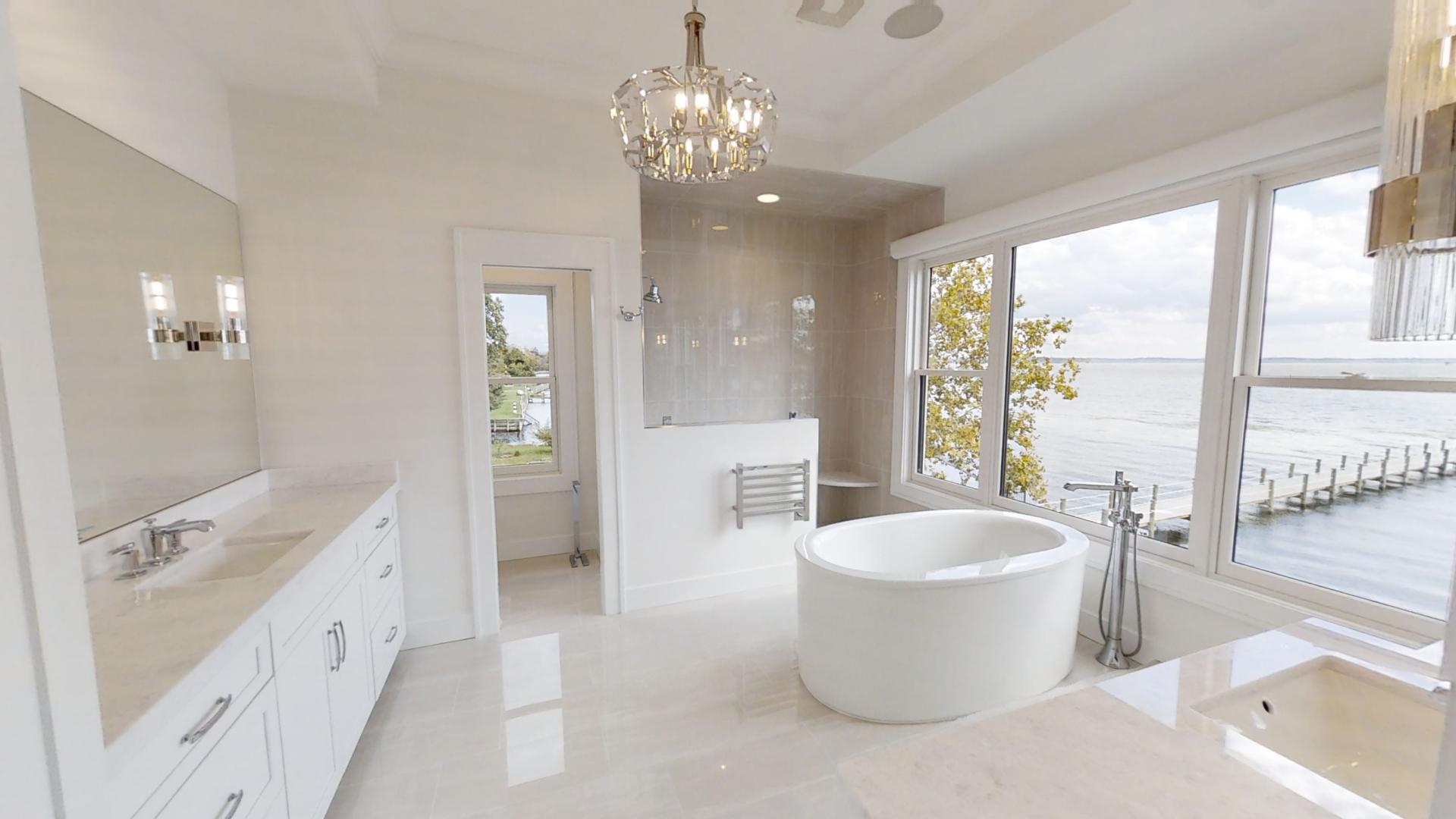
Home design and specifictions
Once we know the lot cost and a good estimate for site cost, we are ready to design the home. You can choose one of our plans or meet with the designer. There is a cost associated with a design or modifications to our plans, however your first meeting with the designer is FREE! This meeting allows you to share your ideas with the designer so that he can provide a cost for your plan. Once we have the plan and specifications, we can price your new home.
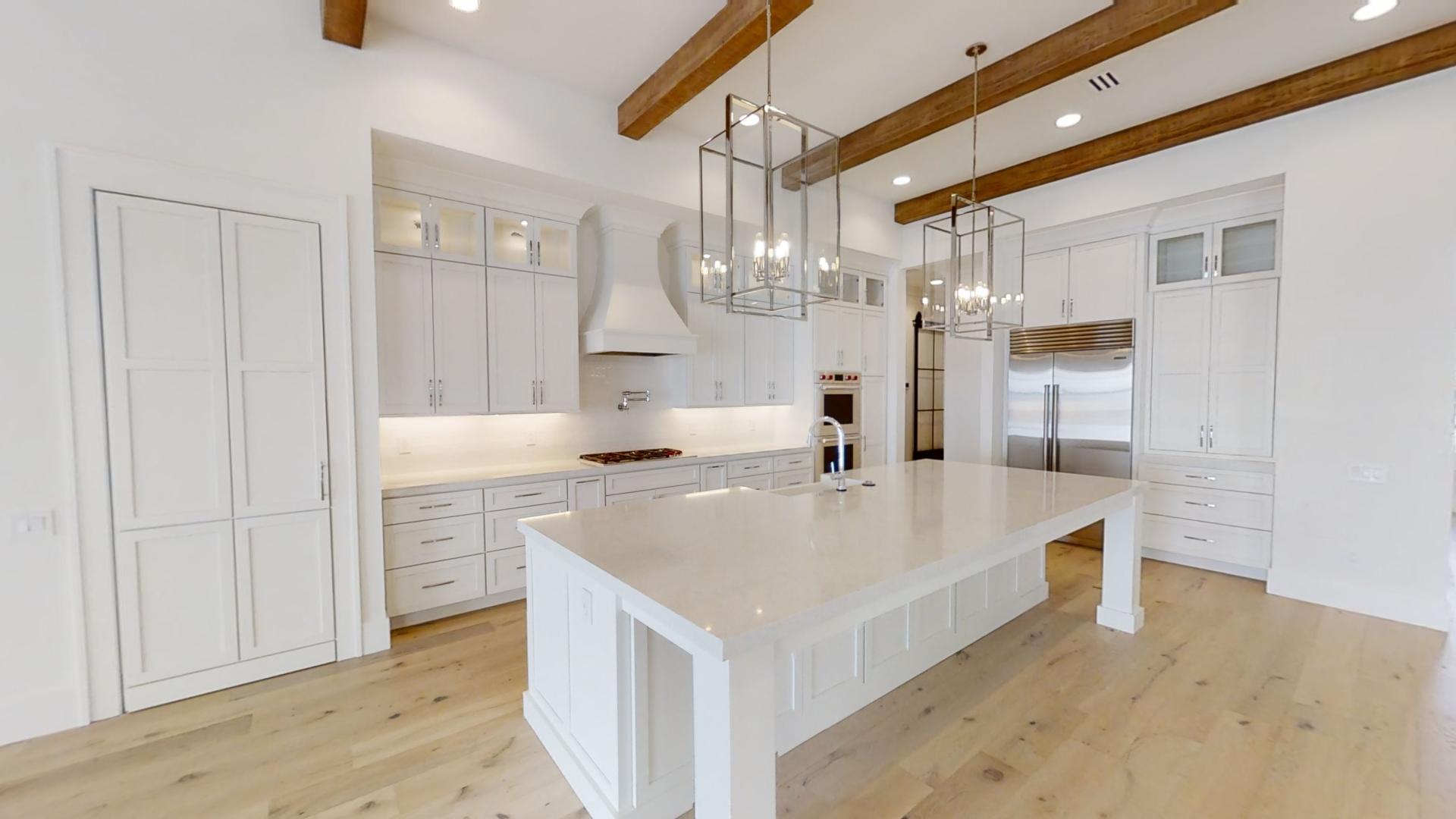
Design Selections
After the contract is ratified and loan settlement is arranged, you will receive a "Selections Package" with instructions and due dates. You will meet with our specialists in Kitchen Design, Lighting, Flooring, Home Automation among others to further customize your home.
Construction Begins
Once the site plan, septic permit and plan review are completed at the county, we pull the building permit and construction begins. You will then be introduced to your superintendent. Once your home is complete, a preoccupancy walk through will be scheduled to address the final punch list items. At this time we will also provide you an orientation on the use and care of your new home.
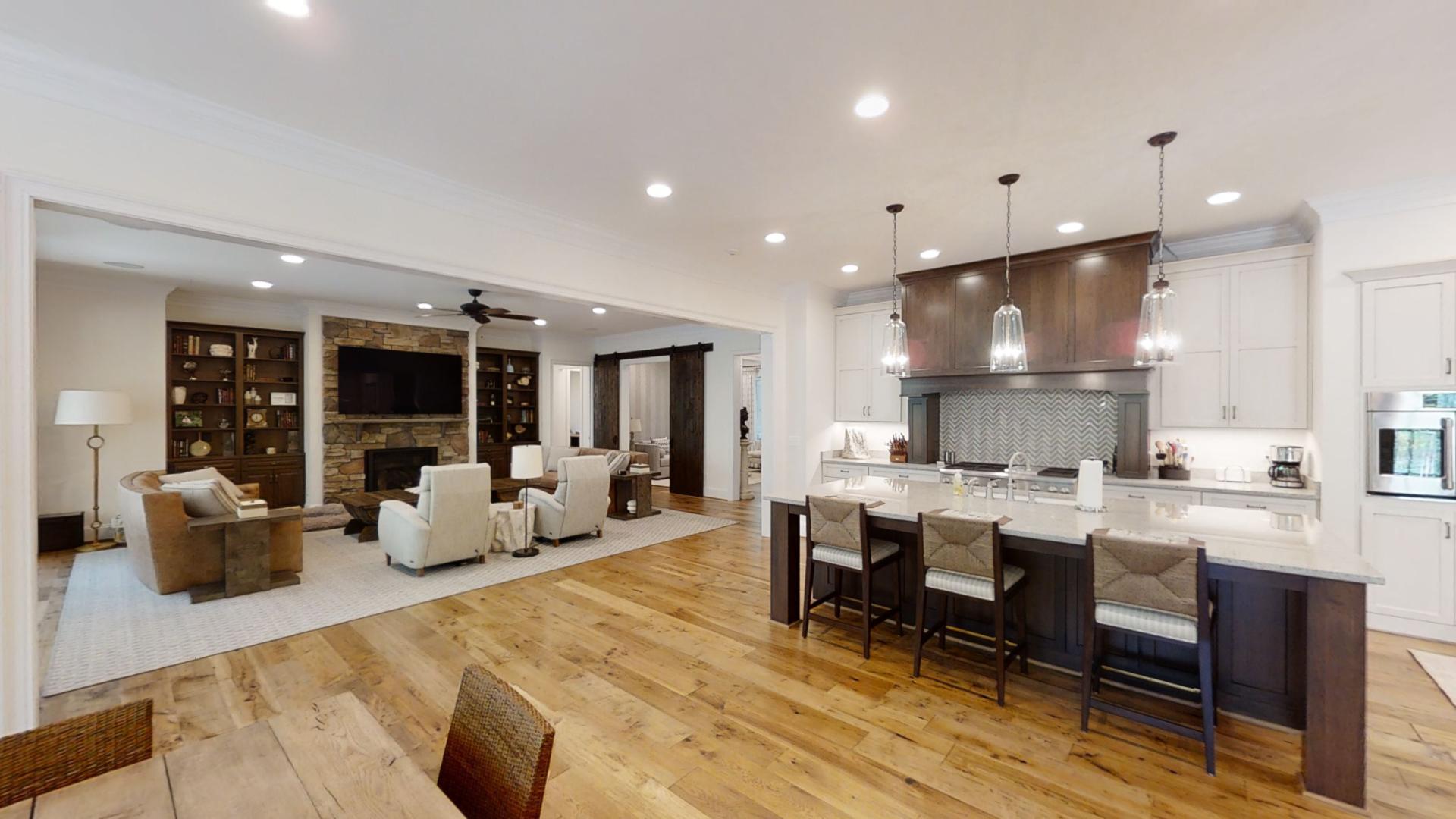
After Occupancy
We will return on the six and twelve-month anniversary dates to correct specific areas of concern covered under your warranty. In addition, we encourage you to provide feedback on our performance
 Take a Virtual Tour
Take a Virtual Tour